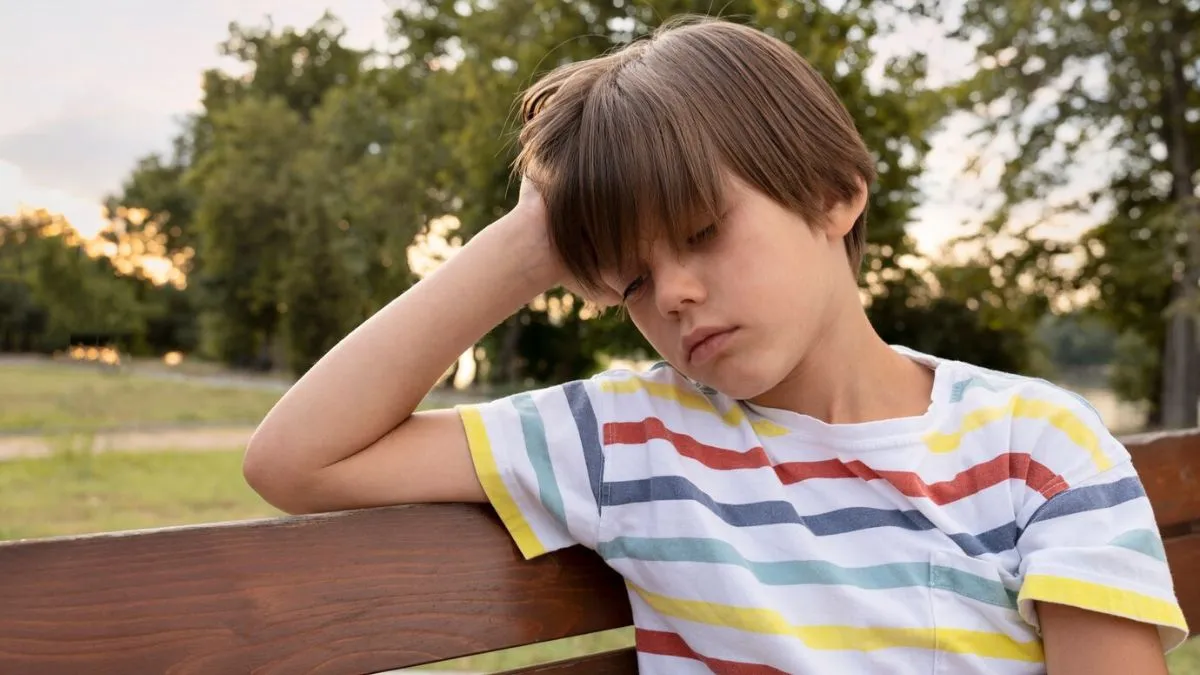
High temperatures in summer bring high chances of heat strokes due to sweating and dehydration. Commonly, adults are vulnerable to heat strokes. But recently it has been observed that children are suspected of experiencing heat-related illnesses more than adults because their bodies heat up faster than adults. When exposed to sunlight during high temperatures, children’s body temperature rises and they suffer from dizziness, nausea, confusion, seizures, headaches, muscle cramps, and loss of consciousness. Parents can protect their kids from the heat by keeping them hydrated and maintaining a properly balanced diet to ensure their bodies do not heat up.
Table of Content:-
Steps to prevent heat strokes and dehydration
Here are some helpful tips by Dr Sudhir U, Consultant - Pediatrician & Neonatologist, Motherhood Hospitals, E-city, Bangalore:
Keep children hydrated
Parents should encourage their kids to drink plenty of water even if they are not thirsty. Water plays a huge role in saving lives from dehydration because during summer kids lose half of their body water through sweating. Other hydrating fluids like coconut water, fresh fruit juices, and electrolyte drinks are also very helpful in boosting the children’s energy levels during the heat. Caffeinated and sugary drinks must be avoided as consuming them causes a high chance of dehydration.
Dressing children in light clothing materials
Parents should dress their children in lightweight and loose-fitting cotton fabrics because it not only allows sweat to evaporate but also keeps their bodies cool by protecting them from high temperatures.
Also Read: Possible Causes Why You Feel Lightheaded After Waking Up
Schedule children’s outdoor activities
Parents should not allow their kids to play outside especially when the temperature is high from 12 pm to 4 pm. During summer, the evening is the best time to engage in outdoor activities, and even if they are playing either in the evening or during the peak hours, in between they should take breaks in shaded areas because this will allow them to cool down their body temperature giving them relief from sweating. Wet towels can also be used to cool the body temperature if they are soaking wet in their sweat.
Using sunscreen regularly
Parents should ensure they apply sunscreen with SPF 30 before their children engage in outdoor activities. Applying sunscreen gives protection from sunburn because it is the major reason behind heat strokes among children.
A proper balanced diet
Foods play a huge role in hydration. Parents can keep their children healthy in summer by including watermelons, cucumbers, citrus fruits, berries, grapes, pomegranates, kiwis, yogurt, lemonade, buttermilk, onions, tomatoes, and leafy green vegetables to strengthen the immune system. Parents can also keep their children away from the sugary flavored drinks available in the markets by preparing homemade nutritious fruit ice pops.
Also Read: Is It Good to Drink Coconut Water in the Evening?
Recognize the alarming signs
Parents should monitor their children's body temperature regularly because the first sign of heat stroke in children is the sudden rise in the body temperature which usually exceeds 103 degrees Fahrenheit. Other symptoms include excessive sweating, quick breathing, rapid heartbeat, dizziness, irritability, and fainting.
Conclusion
To ensure children’s safety, parents need to be super attentive toward their child’s health so that proactive steps can be taken at the right time. By focusing on the diet and encouraging kids to stay hydrated throughout the day, parents will not only help prevent heat strokes and dehydration but will also let their children enjoy the summer by staying healthy and cool. Parents should not fail to recognize their children’s symptoms otherwise it can create complications. Seeking a doctor’s help is advisable if the kid has any of the mentioned symptoms of heat strokes.
Also watch this video
How we keep this article up to date:
We work with experts and keep a close eye on the latest in health and wellness. Whenever there is a new research or helpful information, we update our articles with accurate and useful advice.
Current Version